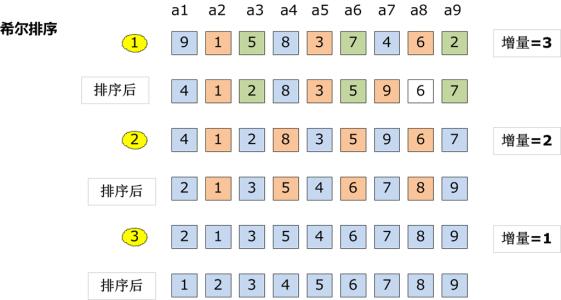Strategic classification studies the design of a classifier robust to the manipulation of input by strategic individuals. However, the existing literature does not consider the effect of competition among individuals as induced by the algorithm design. Motivated by constrained allocation settings such as college admissions, we introduce strategic ranking, in which the (designed) individual reward depends on an applicant's post-effort rank in a measurement of interest. Our results illustrate how competition among applicants affects the resulting equilibria and model insights. We analyze how various ranking reward designs trade off applicant, school, and societal utility and in particular how ranking design can counter inequities arising from disparate access to resources to improve one's measured score: We find that randomization in the ranking reward design can mitigate two measures of disparate impact, welfare gap and access, whereas non-randomization may induce a high level of competition that systematically excludes a disadvantaged group.
翻译:现有文献没有考虑到算法设计引起的个人之间竞争的影响; 受大学入学等有限分配环境的驱使,我们引入了战略排名,其中(设计)个人奖励取决于申请人在利益衡量方面的努力后排名; 我们的结果说明了申请者之间的竞争如何影响由此产生的平衡和模型洞察力; 我们分析了各种排名奖励如何设计出与申请人、学校和社会效用的交换,特别是排名设计如何能消除因获得资源的机会差异而产生的不平等,以提高衡量得分:我们发现,排名奖励设计随机调整可以减少两种不同影响、福利差距和机会的措施,而非随机化则可能引发高度的竞争,从而系统地排斥处境不利的群体。




